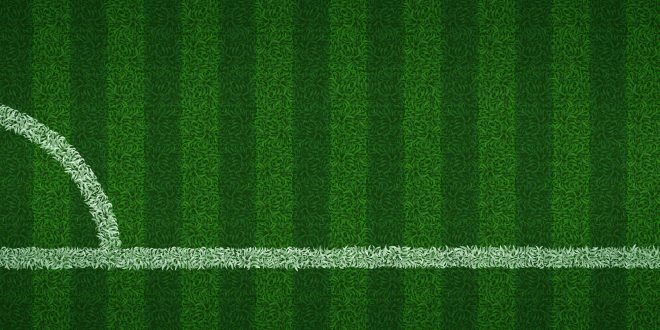The Netherlands is set to phase out artificial turf on sports fields, shifting to real grass surfaces from 2030 due to rising cancer risks linked to artificial turf. The move comes after a study involving 60 Dutch football clubs found that 58 of them had 1.5 to 3.7 times higher levels of carcinogenic compounds than permitted in consumer products. The rubber crumb infill materials, made from discarded car tires, were found to contain hazardous elements such as arsenic, benzene, carbon black, heavy metals, lead, and mercury, posing potential health risks. A study by Amy Griffin at the University of Washington identified 237 soccer players who predominantly played on artificial fields and later developed cancer, with goalkeepers being disproportionately affected.
Although some argue there’s no definitive evidence that artificial grass is harmful, concerns persist. The Netherlands, an early adopter of synthetic turf in 2003, now opts for real grass due to player complaints about increased injury risks and inconsistent ball behavior. The increased prevalence of synthetic turf underscores urban planning challenges, with experts emphasizing the need for science-driven approaches to ensure athlete safety, environmental protection, and enjoyable sports experiences. The ongoing global dialogue on playing surfaces reflects the complex considerations of health, the environment, and sports enjoyment.
 Medicosnext
Medicosnext




